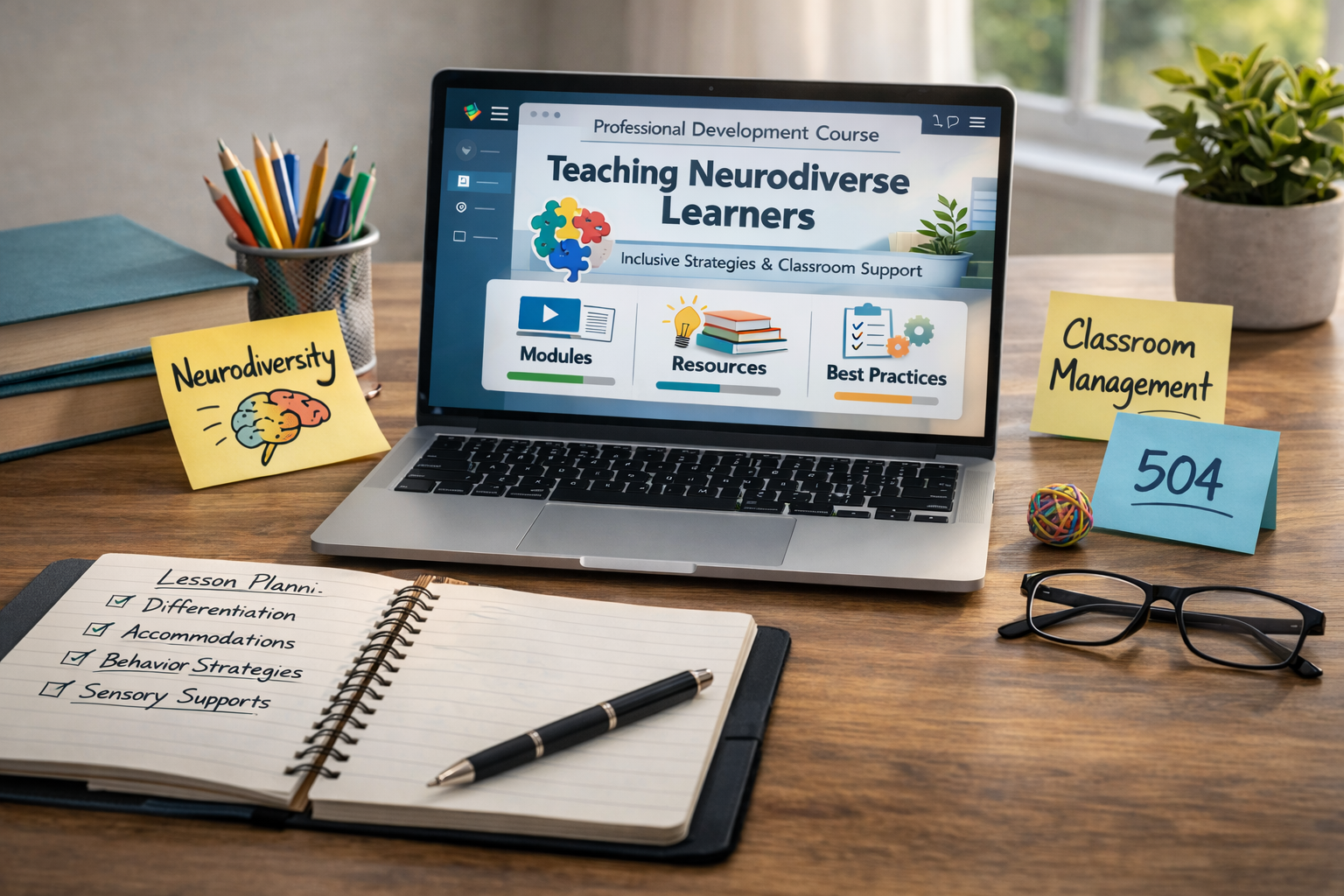An Interview with Jenna Lapointe: A Practicing Therapist Offering Insight into the Topic of Mindfulness

The term “mindfulness” has become a buzzword in modern health and wellness, but it’s often difficult to define because it comes up in many different contexts. The term is associated with Buddhism, yoga, popular self help literature, and the practice and application of mindfulness varies widely from person to person. In recent years, mindfulness techniques have become a valuable tool for mainstream therapeutics, and can be used to help people manage a wide range of physical and mental health challenges. Defining what those practices are and how to use them in a professional setting is an ongoing and important conversation in healthcare today.
Jenna Lapointe is a virtual mental health therapist, and she specializes in the application of mindfulness techniques to manage chronic pain.
Premiere: Tell us about what you do.
Jenna: In addition to working for Premiere, I work for BetterHelp as a virtual therapist doing individual therapy and managing support groups. Before that, I worked at an in-person outpatient facility in West Virginia.
Premiere:What kind of content are you creating with Premiere?
Jenna: I'm just finishing up my first continuing education seminar, and it deals with the application of mindfulness techniques for those who are experiencing chronic pain. One of the support groups I run is for chronic pain, and it’s an area I’m very passionate about. Mindfulness is one of the techniques we work on all the time, so it was very natural to create the course for Premiere.
Premiere: What is mindfulness?
Jenna: Mindfulness increases our ability to process our experiences with a sensory-oriented perspective. When we’re managing problems, we're often thinking about the future and what needs to get done, or worrying about the past and getting anxious about re-experiencing it. That means we don’t have a lot of mental space left to manage what’s happening to us right now.When our mind is not in the present, those cognitive behaviors create the emotions we’re experiencing and the actions we take. For instance, many people engage in self-care activities like going for a walk. That can be a very healthy and restorative behavior, but if your mind is focused on all your other problems the whole time, you’re not really taking a break at all. That walk isn’t going to be anywhere near as useful to you as it could be.That’s where mindfulness techniques can be incredibly helpful. By developing a sensory-oriented experience, you’re allowing what’s happening to you right now to guide your current mental state instead of the other way around. If you focus on what you see, feel, hear, taste, and smell right now, you can develop the ability to redirect stressful cognitive behaviors and manage what’s actually happening to you.
Premiere: How does mindfulness help with chronic pain?
Jenna: Mindfulness techniques are useful for managing both physical pain and our response to pain. When a person is in pain, it can quickly take over everything else in their mind. Their cognitive response to it is like a mushroom cloud; it just keeps building and building until there’s nothing else the patient can experience. Mindfulness can be helpful because it allows the person suffering to non-judgmentally concentrate on the experience they’re having and take action. If all you can think about is, “I’m in pain!”, it’s hard to do something about it. But if you can acknowledge your pain from a sensory-oriented perspective, you can acknowledge your back hurts and get your medication without additional emotional distress.
Premiere: Can mindfulness actually reduce chronic pain?
Jenna: Mindfulness is primarily focused on decreasing the emotional distress that patients with chronic pain tend to experience, not the physical pain itself. However, those who practice mindfulness strategies are more likely to be compliant with their behavioral treatments for chronic pain, less likely to be dependent on pharmaceutical treatments, and have a higher quality of life. Also, mindfulness techniques work to untether a patient from the idea that physical pain is inherently a threat, which can reduce the anxiety and stress it creates in their lives. By managing fearful reactions like automatic avoidance, mindfulness empowers a person to make much more intentional decisions without pain being a prohibitive factor. Over time, they can learn to manage their pain more effectively because they're developing better cognitive patterns for dealing with it.
Premiere: Tell us about your experience with Premiere.
Jenna: I have really enjoyed working with Premiere—it’s collaborative and fun! It's always been a goal to move into continuing education because it allows me to focus on research and developing my practice at the same time. It’s an opportunity to take a deep dive into important topics in my industry and explore peer-reviewed research.
Mastering Mindfulness: Mindful Behavioral Techniques for Enhancing Quality of Life in Chronic Patients was created by Jenna Lapointe, Licensed Independent Clinical Social WorkerMental Health Therapist, BetterHelp. All courses by Premiere are developed by experts in their fields.


.png)



